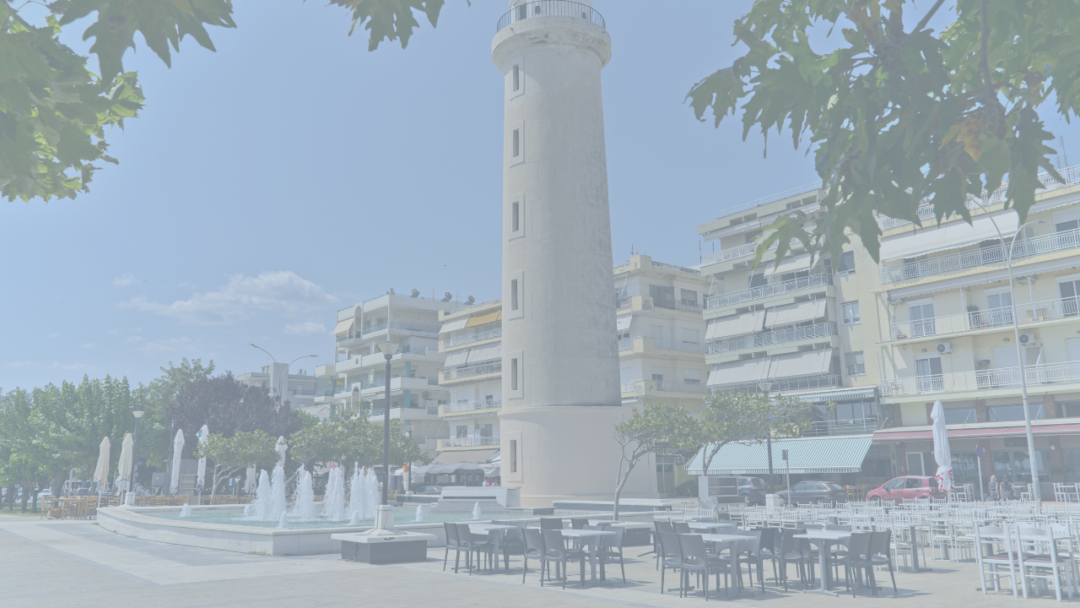Josep Lahosa was Director of Barcelona’s prevention services from 1986 to 2017 and as such, one of the founders of both the European and the Spanish forums. He is Executive Director of the latter.
Representing the city of Barcelona, you contributed to the creation of the European Forum for Urban Security (Efus) in 1987 and have played a key role in its development to this day. Why were you interested in the Forum’s project at the time?
The Forum was created to tackle the issue of urban management and those aspects, in particular crime, that can generate tension or conflict. From the start it took into account the urban, social, cultural, health, ethnic and vulnerable minority factors at play in cities in order to focus on the prevention of conflicts. Furthermore, it had a vision, at the time quite original, that European local authorities had to take the lead in designing local insecurity prevention policies.
What did the Forum bring to your professional practice at the Barcelona City Council, and vice versa?
It brought us a shared space where to transfer knowledge, experience and practices in preventing urban insecurity among professionals of a variety of fields, cities and countries.
Urban security is one of the most complex public policies because it encompasses a whole range of issues (urban planning, youth, migrant population, minorities, large events, gender, senior citizens, etc.) and a variety of stakeholders (police, social workers, health professionals, urban planners, etc.). Through Efus, we were able to exchange different points of view and experiences of urban reality, which brought added value to the design of urban public policies in Europe and beyond.
For its part, over the course of three decades Barcelona brought to Efus its steadfast commitment as member as well as its experience and a transverse approach to public management, which relies on contributions from multiple actors. Indeed, Barcelona learned very early that designing public policies requires the contribution of different actors such as academia, the volunteer sector and civil society organisations.
What is Efus’ specific contribution to public security policies?
One of Efus’ most important innovations since its creation is that it always seeks a multi-agency approach to the challenges and issues facing European urban societies, and also that it seeks and produces useful and consensual responses for cities that have different legal, administrative and organisational cultures.
Furthermore, Efus managed to put on the European and international political agenda the need and the political will of local authorities to have jurisdiction over urban security. This was a very important step forward! Indeed, in the 1980s, local authorities asserted their legitimacy to have jurisdiction over the management of urban security at a time when national authorities considered it their prerogative. And they still do.
Efus and the cities that started this process managed to differentiate the debate between the security of the State and that of citizens, and to establish that concerning the latter mayors had to have jurisdiction because it is intrinsically part of the welfare of citizens.
What trends do you see for the future in terms of urban security?
I believe that the tendency towards conflict will be influenced by the increasing social and cultural complexity of cities. The rise of economic, social and political immigration coupled with Europe’s ageing population will lower the level of tolerance and increase intransigence and xenophobia. Combined with the weakened cohesive capacities of traditional socialising institutions such as family, trade unions, political organisations and so forth, this could increase tensions in cities. This is why Efus must keep working on the prevention of conflicts and the improvement of the conditions for coexistence at the local level.





